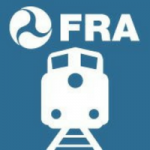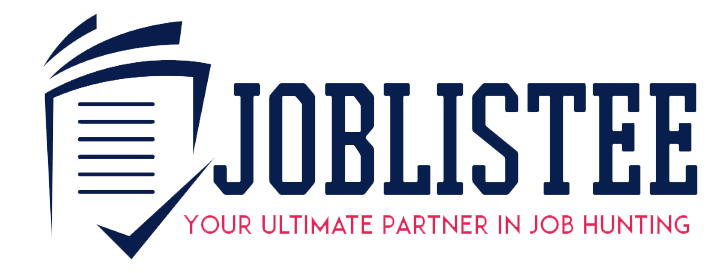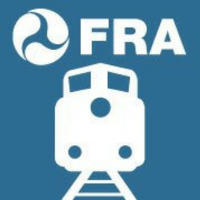
Website Federal Railroad Administration
Position Summary:
The FRA administers and enforces Federal safety and health laws and regulations that apply to the railroad industry and its ancillary components. You will serve as a Railroad Safety Inspector, in an assigned territory, in one of the following disciplines: Hazardous Materials, Track, Signals and Train Control, Operating Practices, Motive Power and Equipment, or Grade Crossing. The positions are located in one of eight FRA Districts within the continental United States.
Key Responsibilities:
The incumbent administers and enforces Federal safety laws and regulations that apply to the railroad industry. They promote and enforce standards and regulations concerned with one of the following disciplines within an assigned territory:
- Responsible for assessing railroad compliance with the carrier’s track inspection process to support compliance with federal regulations within their assigned territory, and the improvement and advancement of railroad safety in areas related to track construction, track maintenance, repair activities, and employee safety.
- Responsible for the enforcing highway-rail crossing safety regulations within an assigned territory, and performs periodic inspections of Emergency Notifications Systems, railroad records of Crossing Inventory Reporting, and railroad and public authority compliance with Train Horn Rule and Quiet Zone. Investigates independently, or as part of a team, grade crossing collisions and trespasser incidents/accidents as assigned.
- Examines carriers operating rules, employee qualification guidelines and carrier employee training programs to determine compliance with existing Federal regulations and standards. Conducts periodic inspections by observing railroad employees in performance of operational duties related to the movement of trains for compliance.
- Responsible for the improvement and advancement of railroad safety in areas related to design, construction, inspection, testing, maintenance and use of railroad rolling stock and other related equipment appurtenances. Conduct periodic inspections of railroad cars and locomotives for compliance with federal safety standards.
- Plans and carries out periodic inspections at rail hazardous materials shipper/consignee locations including oil & gas refineries/fractionation plants, chemical and explosives manufacturers, rail intermodal terminals/van yards, freight forwarders, import/export agents and tank car manufacturing and repair facilities
- Plans and carries out periodic inspections of all signal and train control and highway-rail grade crossing warning systems in a territory to ensure that they are properly installed, operated, tested, and maintained by the railroads.
Required Education & Experience:
- Skill in written an oral communication.
- Knowledge of Federal railroad track safety standards.
- Railroad accident investigation techniques.
- Knowledge of locomotive braking systems and their relationship to and interface with train control or automatic train stop systems and braking distances.
- Knowledge of railroad track system construction, maintenance, testing, or inspection techniques;
- Practical knowledge of the typical reactions of different hazardous commodities to various environmental conditions and of safe procedures for containing or controlling fires, leaks, or explosions of these materials;
- Knowledge of the installation, maintenance, or testing of railroad safety appliances and power brakes, their capabilities and limitations; and
- Knowledge of Federal regulations and standards governing the shipment of hazardous materials by rail, including containerization, loading, handling, documentation, and placarding.
- Knowledge of the capabilities and limitations of various track system configurations; and
Knowledge of the applicable Federal laws and regulations pertaining to inspection and testing of locomotives, freight cars, safety appliances, and power brakes. - Knowledge of the construction, testing, and retesting of containers used to ship hazardous materials by rail; and
- Knowledge of Federal regulations and standards relating to railroad operations and requirements in such areas as hours of service, accident reporting, blue signal protection of workers, rear end markers, radio communication, railroad employee qualifications, and railroad employee testing.
- General safety and health principles and practices applicable to the railroad industry.
- Railroad industry, including economic and operating considerations and equipment.
- Knowledge of applicable Federal laws and regulations pertaining to railroad signaling and train control systems; and
- Knowledge of the design, installation, maintenance, testing, or inspection of signal and train control systems and their capabilities and limitations;

